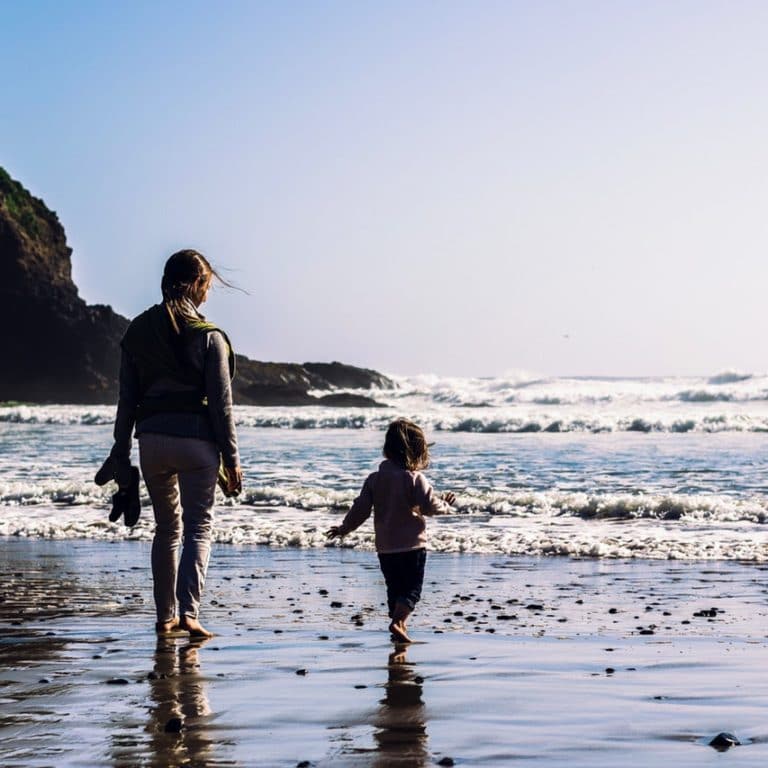Work and Leisure as a Stay at Home Mom
As a young, single adult, my hope for my future was pretty clear: meet a charming man, get married, have kids, and stay at home to care for them. Inspired largely by my own mom, who stayed at home until my siblings and I were all at school, set a wonderful example for me, you can imagine how happy (and relieved) I was to meet that charming man and find that he wanted me to live my dream and stay home with our kids. Carl and I have always been on the same page about me leaving work to care for our children, and so, with a lot of confidence, I left my job as my maternity leave ended after my first baby.
That baby was born nearly four and a half years ago, and my employment ended twelve months later after a brief, three week stretch back working with international university students. Since then, I’ve been living the dream. My dream, anyway.
And yet, more often than not, I find myself just a bit dissatisfied, unsettled, and distracted. Is there any way I could launch a side hustle? Could I freelance? Get a part-time, work-from-home job with flexible hours and an excellent wage? (When I google this last one, ‘no’ is usually the answer).
My family has enough. Carl’s salary meets our needs and nearly all of our more legitimate wants (mostly travelling to see family). I spend my days doing what I always wanted to do. So why do I scan job boards and pore over websites telling me how to make money?
I recently began rereading Leisure the Basis of Culture (affiliate link), just as I started wrestling with this again. Within the first chapter, I found the words and ideas to finally articulate why I find it so easy to be dissatisfied with my life as a stay-at-home mom – and wisdom for what to do about it.
Work has become the be-all and end-all of life.
Culture is a bit like the air we breath – we are constantly surrounded by it, breathing it in, moving through it, yet we hardly notice it. When we do think about it, it’s either because something is out of the ordinary (the humidity, a stench, high winds), or we are purposefully analyzing it on a scientific level. I’ve realized that my discontent and restlessness is a growing awareness that something is a bit off about the culture I live in, which is why Pieper’s words struck such a chord with me:
In his well-known study of capitalism, Max Weber quotes the saying ‘one does not work to live; one lives to work,’ which nowadays no one has much difficulty in understanding: it expresses the current opinion. (p. 20)
The inertia of our culture is towards work – work in the capitalist, bringing-home-a-paycheck sense. Why do I feel unsettled, ruminating over part-time jobs and side hustles? It’s because the cultural air I am breathing tells me constantly that earning money and doing economically productive work give my life value and purpose. When I choose a path that doesn’t include those cultural markers of success and meaning, I’m left in limbo unless I intentionally replace them with something else.

We have lost our understanding of leisure.
If striving towards productive work doesn’t align with my goals or values (or my faith), then what do I replace it with? Pieper suggests that we need to go back to the ancient understanding of leisure.
We hear the word leisure and most of us think of relaxing at the beach, going on holiday, and binge watching Netflix. Pieper points out that this is nowhere near what the ancient Greeks would have considered to be leisure. While Pieper doesn’t define leisure in this chapter, he does give us a hint about its meaning. To the Greeks (who have influenced our current culture far more than most of us probably realize), the word for leisure is schole:
The word used to designate the place where we educate and teach is derived from a word which means ‘leisure’. ‘School’ does not, properly speaking, mean school, but leisure. (p. 20)
Leisure, then, has to do with education. Personally, this makes me think of broadening and growing the mind, the flourishing of the spirit, stretching and strengthening your soul in a way that can be compared to stretching and strengthening your physical body.
We are not just physical beings with material needs, but we have lost our ability to understand the very thing that helps us grow as persons. If I don’t understand this as a stay at home mom, of course I will feel discontent without a paycheck quantifying the value of my time, because I am neglecting a crucial part of my own humanity.
We can’t understand work if we don’t understand leisure.
Pieper tells us that for the ancient Greeks, there was leisure and everything that was not leisure. Work had no meaning apart from simply being the negative of leisure. This might seem trite, but consider this: the distinction is not productive work and everything that is not productive work. If this is the case, then we are left with a narrow view of work that devalues and ignores anything that doesn’t have a monetyary value, such as caregiving, whether for child or an aging parent.

However, if, like the ancient Greeks, we take the central point to be leisure, this means that child-rearing, homemaking, maintaining the vegetable patch, running errands fall into the category of work, just like going to a job and earning money. ‘”To be unleisurely”–that is the word the Greeks used not only for the daily toil and moil of life, but for ordinary, everyday work.’ (p. 21). Running a house, earning money, it’s all work beacause it’s not leisure. Suddenly, I am on a level playing field with anyone in a paid job. We all work. We all need leisure. And we all struggle to understand these concepts properly in our culture.
As Pieper wraps up the first chapter, he states that losing the concept of leisure and adopting the idea that work is the purpose of life represents a deep and fundamental shift in our cultural understanding of man, his value, and his purpose.
On a personal level, this explains a lot of my restlessness about not having a job and earning money. For now, I’ve given these things a pass, and I feel the absence of quantifiable markers that I’m using my time well, because our culture simply doesn’t offer much else. However, there is more to life than money and work. I am more than a worker in a physical body. If I am distracted too much by online job boards, I am neglecting the fact that I have more than material needs. My mind and soul need to be fed. In short, I need leisure. As I grow in my understanding of what that is, the restlessness abates.
Read all my posts on rest and leisure or check out my study guide for Leisure, the Basis of Culture.







Thank you for this from a stay-at-home, home educating mama. It is true. All women are working women:)
Stay at home mothers definitely need to feed their passions somehow. It doesn’t need to be paid, like you said above. But it is not wrong (in fact it is good) for SAHMs to take part in non-mother and non-wife related things. We do not have to put ourselves in a box!
Oh, I absolutely agree! As Charlotte Mason said, ‘let the mother go out to play!’. I’m reading through the third chapter of this same book, and I love that it talks about leisure as a way to be fully human. Moms are persons, too, and we have many sides to ourselves, even some that don’t involve our kids!